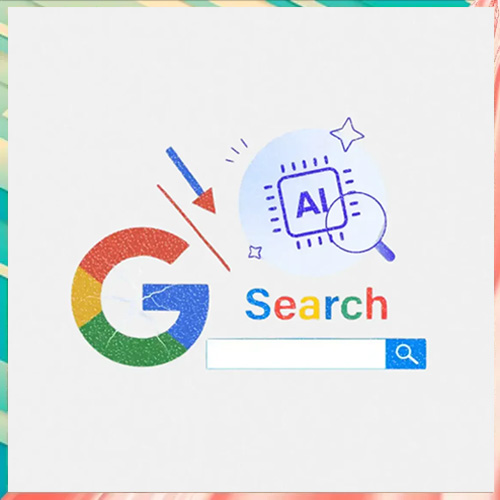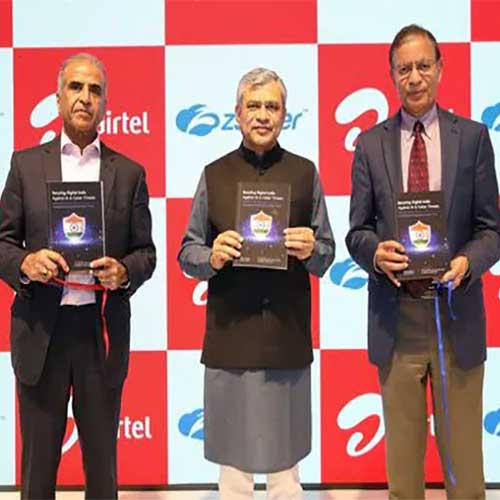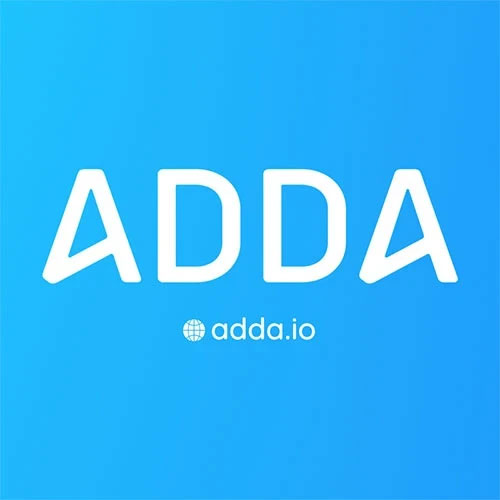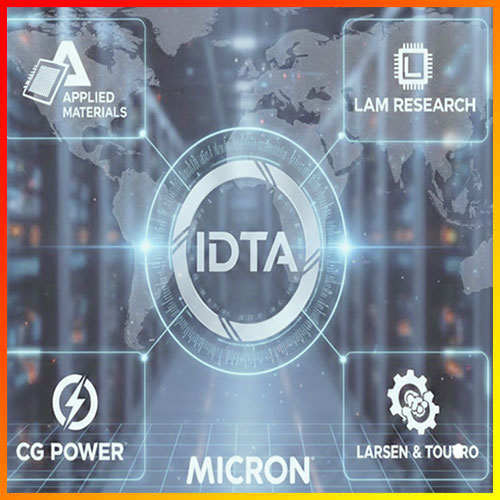
ChatGPT’s explosive growth marks a turning point in how users access information. As of October 2025, the AI assistant draws nearly 6 billion monthly visits, ranks among the top 10 global websites, and processes over 2 billion prompts daily. Its user base includes around 800 million weekly active users across 190 countries, signaling a massive shift in user behavior.
While Google still leads the search space with approximately 14 billion daily queries—over 200 times ChatGPT’s “search-like” engagements—the gap may be narrowing in relevance, if not in volume. According to data from Search Engine Land and Similarweb, users increasingly favor AI tools for their speed, accuracy, and contextual output, rather than sifting through links on traditional search engines.
This shift reflects what analysts call a “paradigm shift from search to synthesis.” ChatGPT, Perplexity, and similar AI tools aren’t just answering questions—they’re interpreting, summarizing, and generating content in real time. Users, especially from Gen Z and Gen Alpha, now prefer conversational interfaces for everything from schoolwork to coding, spending less time on traditional search results.
Compounding the trend, Google’s move toward AI Overviews and shrinking organic visibility has blurred the line between classic search and AI-generated answers—sometimes pushing users to look elsewhere. The founder of 24Labs believes that ChatGPT’s engagement is already eclipsing search engines in influence, if not in volume.
Though ChatGPT hasn’t overtaken Google in total traffic yet, it represents a powerful new model: answer engines that distill, contextualize, and deliver results instantly. Experts predict that by 2030, more than half of global search queriescould be handled by AI assistants—forcing Google and others to evolve or risk being displaced by this AI-driven revolution.
See What’s Next in Tech With the Fast Forward Newsletter
Tweets From @varindiamag
Nothing to see here - yet
When they Tweet, their Tweets will show up here.





























